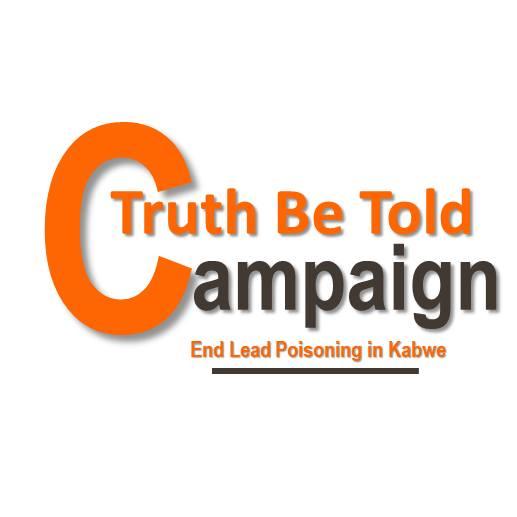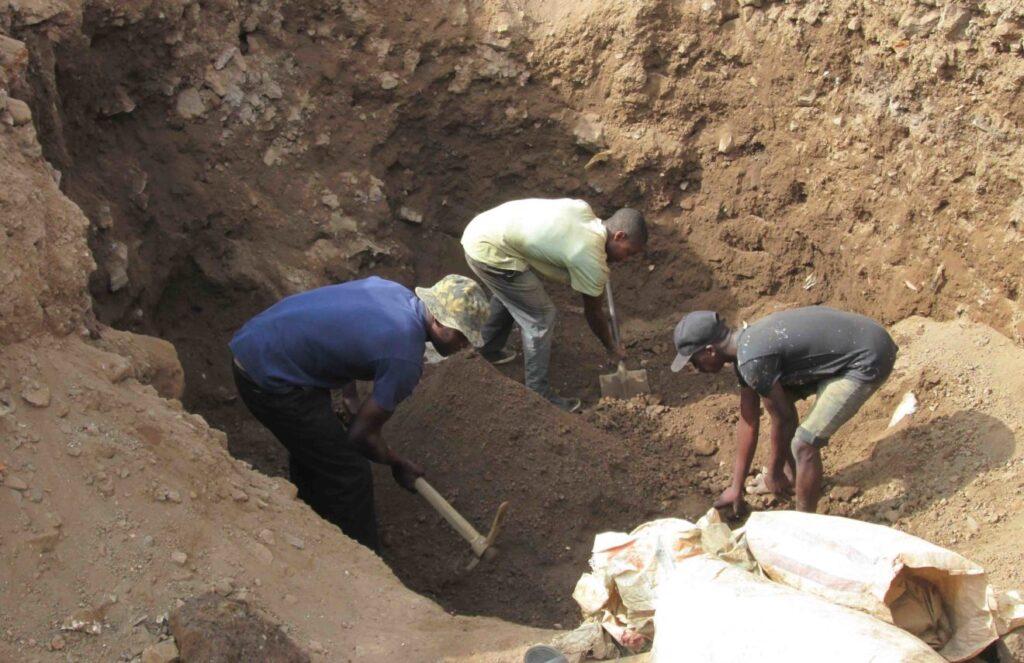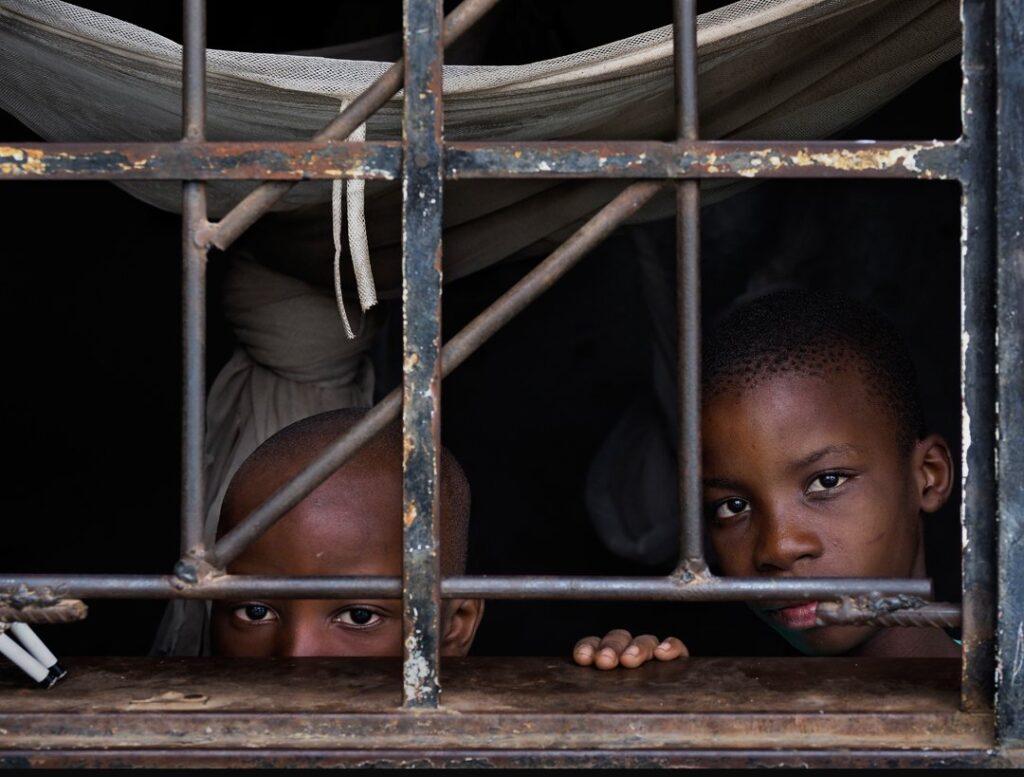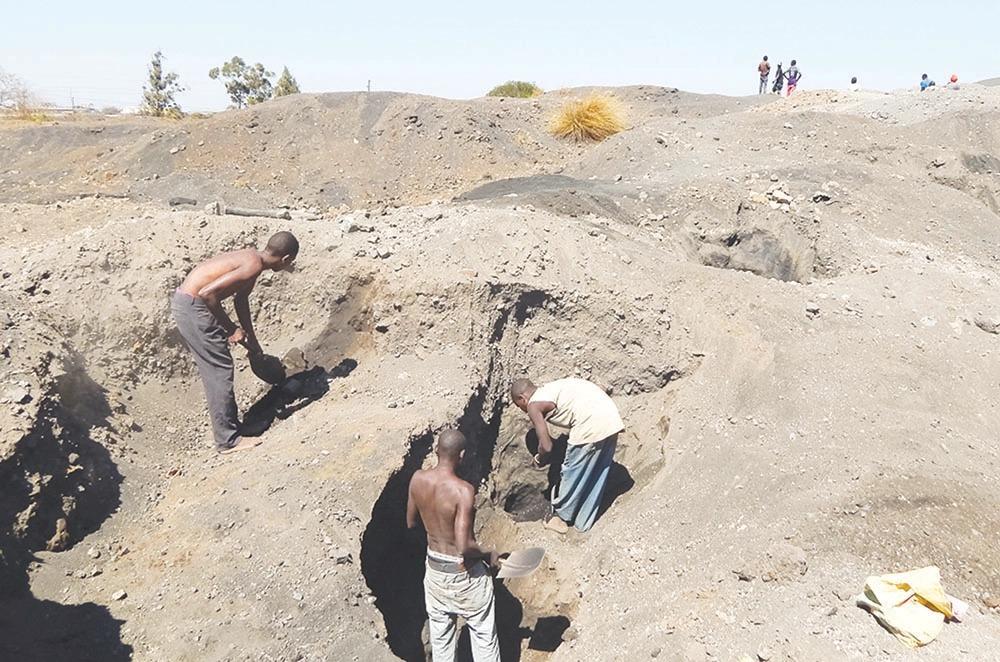Truth be Told Campaign

Project Summary
Centre for Environment Justice is implementing a campaign with a focus on Kabwe Lead contamination.
The Initiative Truth Be Told Campaign is meant to reveal critical issues surrounding the Lead Poison in Kabwe District, Central Province. Kabwe town has been labelled by the UN as one of the most polluted cities on earth. Specifically, the campaign will focus on the History disclosure of the mine operations, Public Health for Kabwe Communities, Compliance and enforcement, Rehabilitation and Remediation achievements and Compensations.
Background
Since 2016 to date, CEJ with keen interest has read various articles and Publications; and watched documentaries about the Kabwe Lead Poison. Recently in October & November, disturbing news were aired on two Zambian Television stations revealing of 1, 400 Children being treated with lead poison and illegal lead mining activities happening at lead dumpsite in Kabwe (done by youth and women). However, it has also been noted with sadness that the Whole Truth about Kabwe Lead Poison hasn’t been told and the operations to clean up environmental impacts in all mining communities through the rehabilitation and Remediation has been successfully implemented. Some of the proposed measures were not to allow people build houses near the dump site and as part of decommissioning plan was an electric wire fence was to be erected around the place to prevent artisans from carrying out any mining activities there. Neither of these measures was effectively implemented.
Objectives
- Disclosure of the Kabwe Lead Poison history.
- Finding lasting solutions to address and stop lead poison in Kabwe.
- The responsible parties and institutions in the Kabwe Lead Poisoning take up the responsibility to clean up the environmental impacts on humans, Animals and Nature.
Expected outcomes
- The whole Truth is revealed about the lead poison in Kabwe, and the institutions involved.
- Action-oriented interventions are identified and supported to stop the lead poisoning.
- Responsible institutions/parties involved are held accountable for the lead poisoning in Kabwe and cleaning up the town.
Project inception engagements
Stakeholder Engagements
During the project inception phase, the CEJ conducted extensive stakeholder engagements to gather insights, foster collaboration, and understand the perspectives of various groups. The following stakeholders were involved:
- Local Community Members:
Engagements were held with community members affected by lead poisoning in Kabwe District. These discussions provided firsthand information on the health impacts, environmental concerns, and the need for urgent intervention.
2. Government Agencies:
Meetings were organized with relevant government departments, including the Ministry of Health and the Ministry of Mines, to understand existing policies, regulations, and initiatives related to lead poisoning. These engagements highlighted the gaps in policy implementation and enforcement.
3. Civil Society Organizations:
Engagements with local NGOs and civil society organizations working on health, environment, and human rights provided insights into ongoing initiatives, challenges faced by affected communities, and potential areas of collaboration.
4. Health Professionals and Experts:
Consultations were conducted with health professionals, toxicologists, and experts in environmental remediation to gather scientific knowledge, assess the health risks associated with lead poisoning, and explore feasible interventions.
5. Mining Companies and Former Workers:
Engagements were held with representatives from mining companies involved in historical operations in Kabwe District, as well as former workers. These discussions aimed to understand their perspectives, responsibilities, and potential contributions to addressing the crisis.



Findings and Analysis
Based on the stakeholder engagements, the following key findings and analysis were derived:
- Health Impacts:
Lead poisoning has caused severe health effects on the population of Kabwe District, including developmental disorders in children, cognitive impairments, and increased risk of chronic diseases. There is a need for comprehensive health interventions and access to healthcare services.
2. Environmental Contamination:
The soil, water, and surrounding environment in Kabwe District have been heavily contaminated with lead due to historical mining activities. Urgent remediation measures are required to mitigate further exposure and prevent long-term environmental degradation.
3. Policy and Regulatory Gaps:
Despite the existence of relevant policies and regulations, there are gaps in implementation, enforcement, and coordination among government agencies. Strengthening regulatory frameworks and ensuring effective enforcement mechanisms are crucial to addressing the lead poisoning crisis.
4. Community Empowerment:
Local communities in Kabwe District lack information, awareness, and resources to effectively advocate for their rights and demand action. Empowering communities through education, capacity building, and involvement in decision-making processes is vital for sustainable change.
5. Collaboration and Partnerships:
Collaboration among government agencies, civil society organizations, health professionals, and mining companies is essential to address the complex challenges of lead poisoning in Kabwe District. Building partnerships, sharing resources, and coordinating efforts will maximize the impact of interventions.
Revealing the critical issues surrounding the Lead Poison in Kabwe District, Central Province, Zambia
